The content of the article
- 1 Causes of Depression in Women
- 2 Biological factors
- 3 Social and cultural factors
- 4 Chemical processes and hormones for depression
- 5 Premenstrual dysphoric disorder
- 6 Postpartum depression
- 7 The main symptoms of depression
- 8 Depression Treatment
- 9 Drug treatment
- 10 Psychotherapy for Depression
- 11 Electroconvulsive therapy
- 12 How to help a friend or family member who is depressed?
- 13 Where to go for help
- 14 Video: 11 ways to quickly get out of depression
From time to time, each person feels too melancholy or sad, but these feelings are temporary and disappear after a few days. When a woman has a depressive disorder, it interferes with her daily life and normal work, hurts her and all those who care about her. Depression is a common but serious illness, and most people suffering from it need quality treatment.
Depression affects both men and women. But in women, this condition is diagnosed more often. Many women with depressive illness have never sought treatment, although in most cases it would be very helpful.
Causes of Depression in Women
Depressive disorders often occur in women with no apparent cause. They may be associated with:
- desperation
- some obstacles in life;
- everyday difficulties;
- or exposure to certain drugs.
Various factors contribute to the development of a depressive state:
- genetic;
- biological;
- chemical;
- hormonal;
- environmental;
- psychological;
- and social factors.
If a woman in the family has previously experienced cases of depression, then she will have an increased risk of this disease. Genetic studies have shown that the risk of this condition is associated with a combination of several genes with environmental factors or a number of other factors.
Biological factors
- Premenstrual syndrome. Fluctuations in hormones can cause premenstrual syndrome, which is characterized by irritability, fatigue and strong emotional reactions. About 70% of women complain of such symptoms, accompanied by more or less pain.
- Pregnancy. Numerous hormonal changes that occur during pregnancy can lead to depression, especially in sensitive women. Also, infertility or an unwanted pregnancy can affect the development of this disease.
- Postpartum depression. Many young mothers suffer from deteriorating moods. This is a normal reaction that usually takes several weeks. In some cases, this process can take longer and become depressed. This form of the disease is known as postpartum depression and is caused by hormonal changes.
- Menopause and perimenopause. Women are more prone to depression during perimenopause - the period preceding menopause. During this time, serious changes in sex hormones occur.
Social and cultural factors
- A responsibility. Women are often overloaded with daily duties. The more women play different roles (mother, wife, employee), the more vulnerable she becomes. Depression often affects women who do not have support in their daily lives. Therefore, single mothers are three times more likely to suffer from neurotic depression than married mothers.
- Sexual or physical abuse. It can also cause depression in women. A high percentage of patients are among rape victims. Sexual harassment can also lead to this disease.
- Poor financial situation. Single mothers are often in a worse financial situation than women of their other social groups. Poverty is a stress factor that can lead to depression.
- Difficult emotional relationships. Divorced women are more prone to depression than those who have never been married. The cause of a depressive state is often the lack of closeness and agreement with her husband.
Chemical processes and hormones for depression
Chemical processes in the brain are considered a very important factor in depressive disorders. Modern brain imaging technologies, such as magnetic resonance imaging (MRI), have shown that the brains of patients with depression are different from those of healthy individuals. The parts of the brain responsible for regulating mood, thinking, sleep, appetite, and behavior tend to work abnormally. But these changes are only a consequence of the disease, and not the cause.
Scientists also study the effects of female hormones that change throughout life. Studies have shown that hormones directly affect areas of the brain that control emotions and mood. There are specific periods in a woman’s life that are of particular interest. These are puberty, premenstrual days, before, during and immediately after pregnancy (after childbirth) and the period immediately before and during menopause (perimenopause).
Premenstrual dysphoric disorder
Some women may be prone to a type of severe premenstrual syndrome called premenstrual dysphoric disorder or PMDD. During the week before menstruation, they usually suffer from depression, anxiety, irritability, and mood swings. Scientists are studying how an increase and a cyclical decrease in estrogen and other hormones can affect brain chemistry and the onset of a depressive state.
Postpartum depression
Women are especially vulnerable to depression after childbirth, when hormonal and physical changes and a new responsibility for caring for a newborn can be very difficult to tolerate. Many new mothers suffer from short-term moderate mood changes, known as "postpartum sadness." But some suffer from postpartum depression. This is a more serious disease that requires active treatment and emotional support for a young mother. According to studies, women after childbirth are at increased risk of various mental disorders for many months after giving birth.
The main symptoms of depression
Not all women with depressive illnesses show the same symptoms. Moreover, the degree of manifestation, the frequency and duration of symptoms may vary in each patient. Symptoms of depression include the following factors:
- persistent feelings of sadness, anxiety, or a feeling of "emptiness";
- feeling of despair and hopelessness;
- pessimism;
- anxiety and irritability;
- guilt;
- loss of interest in previously enjoyable activities or hobbies;
- increased fatigue and lack of strength;
- low concentration of attention;
- difficulties in making decisions;
- insomnia or a very long sleep time;
- a sharp increase or loss of appetite;
- suicidal thoughts, suicide attempts;
- constant feeling of discomfort, headaches, cramps in the stomach (colic);
- digestive tract problems.
The main symptom of depression is a prolonged deterioration in mood and a general lack of joy in everyday life. If this is accompanied by a lack of energy and motivation for any action, as well as low or negative self-esteem, this is the basis for going to the doctor.However, it should be remembered that seasonal mood disorders, usually observed in autumn and winter, are most often not a sign of illness. Seasonal depression is observed in very rare cases.
Depression Treatment
Depression, like a disease, in most cases will not go away on its own. It is possible to cope with this disease thanks to an accurate diagnosis established by a qualified doctor and correctly selected therapy, both pharmacological and psychotherapeutic. Do not be afraid of treatment. Modern drugs usually do not cause side effects or addiction. With the support of relatives and friends, it will be easier to overcome this disease.
The first step to proper treatment is to consult a doctor. Some medications, such as viruses or a thyroid disorder, can cause the same symptoms as depression. In addition, it is important to rule out depression associated with another mental illness called bipolar disorder. Doctors will be able to make an accurate diagnosis based on the results of a patient examination, interview with him and laboratory tests.
A doctor or mental health professional will conduct a full diagnostic assessment. He should get a complete list of the manifesting symptoms of the disease. For example, when they first appeared, what is their duration, strength of action, whether they appeared earlier. The doctor must know if there have been any cases of depression in the patient's family before. He will also ask if the person is using alcohol or drugs, and what the patient thinks about death or suicide.
As soon as an accurate diagnosis is made, an appropriate treatment regimen is selected. The most common treatments are medications and psychotherapy.
Drug treatment
Antidepressants normalize the functioning of chemicals in the human brain called neurotransmitters, including serotonin and norepinephrine. Other antidepressants regulate the hormone like dopamine. Scientists have found that these chemicals affect the mood of people, but so far are not sure about the exact way these hormones work.
For any type of antidepressant, the drug should be taken regularly, according to the recommended doses, for at least three to four weeks, and sometimes longer. Only after that it will be possible to achieve the full effect of their use. A person should continue to take the medicine for the time indicated by the doctor, even if he feels better to avoid a relapse of depression.
The decision to stop taking the medicine should be made only after consultation with the doctor, and should be carried out under his supervision. Some drugs should be stopped gradually so that the body can adapt. Although antidepressants are not addictive, if you suddenly stop taking them, relapse may occur.
In the event that the prescribed medicine does not give the desired effect, the patient should be ready to try another drug. Studies have shown that people whose condition did not improve after taking the first drug were often cured after switching to another drug or supplementing an existing drug with a new drug.
Psychotherapy for Depression
There are several types of psychotherapy that can help those who suffer from depressive disorders.
Some treatments are short-term (10 to 20 weeks), while others are long-term, depending on the condition of the patient. It has been proven that the two main methods of psychotherapy are effective in treating depression. This is cognitive-behavioral therapy and interpersonal therapy. By teaching new ways of thinking and behavior, this treatment helps people change negative thinking and behaviors.Therapy helps people recognize and resolve problematic personal relationships that can cause or aggravate depression.
Psychotherapy may be the best treatment option for mild to moderate depression. But for severe cases or for certain people, this is not enough. Studies have shown that for adolescents, a combination of drugs and psychotherapy may be the most effective treatment for severe depression and reduce the possibility of its reappearance.
Electroconvulsive therapy
Before undergoing the procedure, the patient takes a muscle relaxant and receives a short-term anesthesia. Thus, a person does not feel the electrical impulses that affect the body. Typically, a person is exposed to ECT several times a week, and he often needs to take an antidepressant to supplement the treatment process and prevent relapse. Some people need only a few ECT sessions, while others may require periodic treatments for one year.
ECT can cause some short-term side effects, such as disorientation and memory loss. But, as a rule, these side effects disappear soon after treatment. Before deciding to be treated in this way, you should discuss with the doctor the possible risks and benefits.
How to help a friend or family member who is depressed?
If you have a friend or loved one suffering from depression, the first thing you need to do is help him get an accurate diagnosis and treatment. You may need to accompany a woman to see a doctor. Support her in any way so that the patient does not refuse treatment. Sometimes you have to convince the patient to choose a different type of treatment, if after six to eight weeks there are no improvements.
In addition, you can do the following:
- talk with a woman and listen carefully to her;
- offer emotional support, show understanding and patience.
Comments about suicide should never be ignored, and such words must be passed on to the therapist or doctor.
Invite your friend or family member to take a walk, go on an excursion, or attend other events. If the patient refuses the invitation, continue to try, but do not put pressure on him. Remind him that depression will disappear over time thanks to treatment.
Where to go for help
If you experience depression, you can consult your family doctor who will give useful tips on where to go with a similar problem. Psychiatrists, psychologists, social workers can also help with advice. You can go to clinics, mental health centers, psychiatry departments of hospitals and clinics, local medical or psychiatric associations, social support groups.
Video: 11 ways to quickly get out of depression

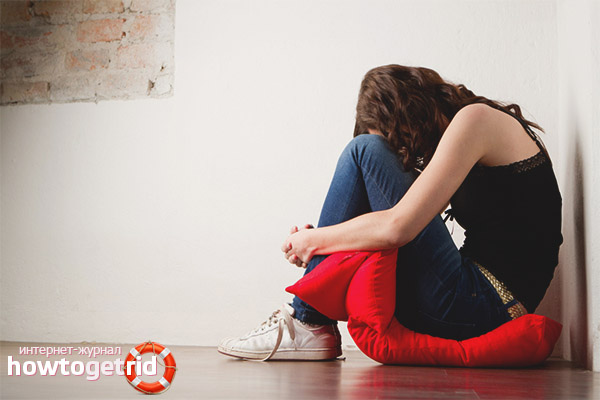
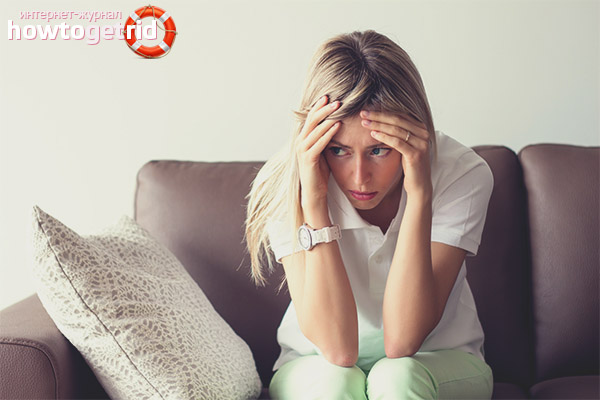
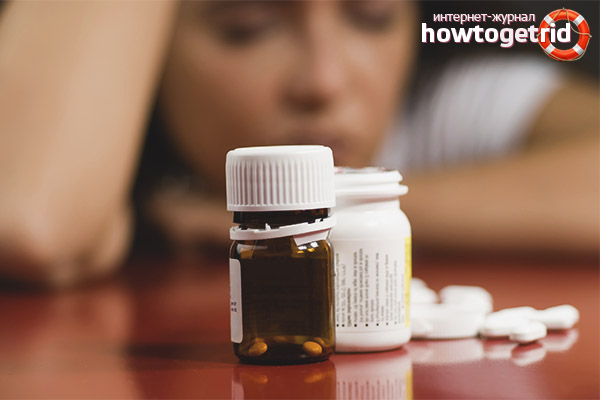
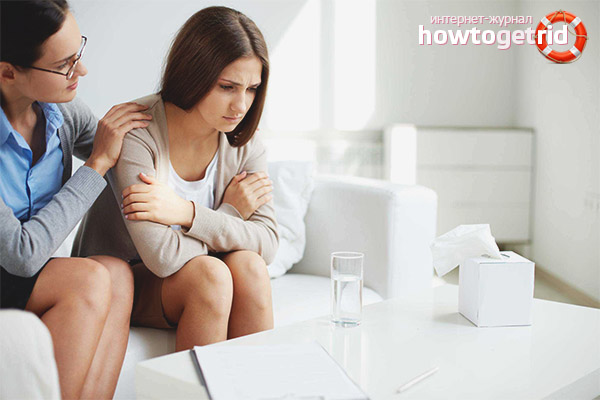
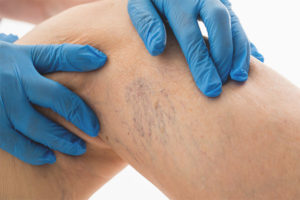
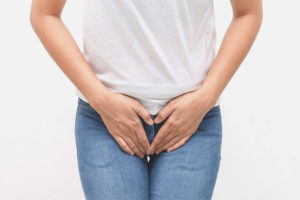
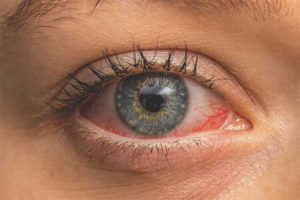


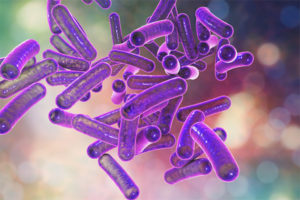
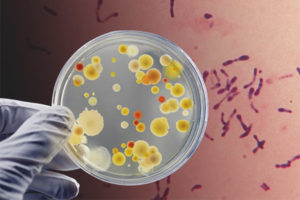

Submit